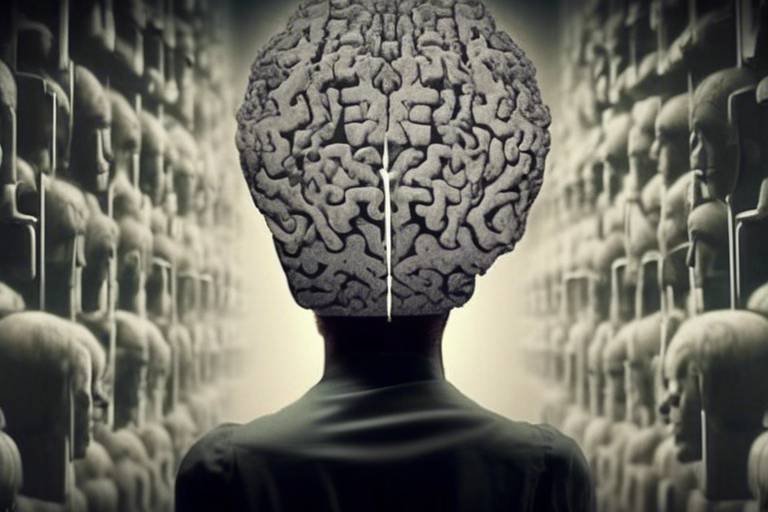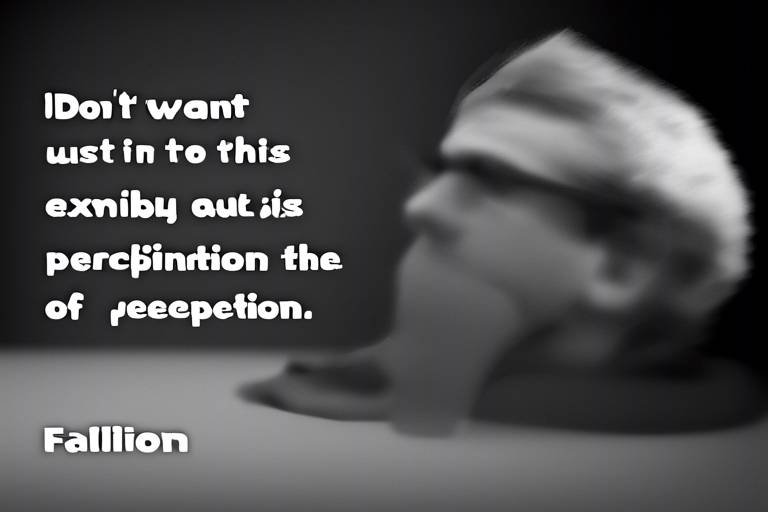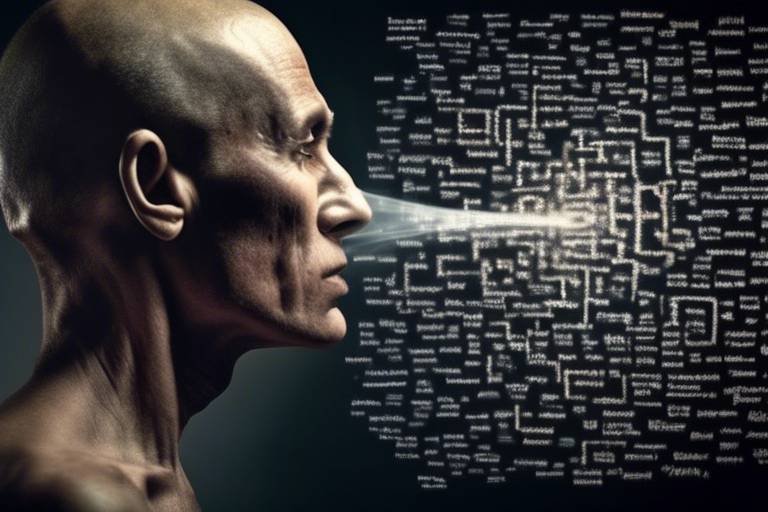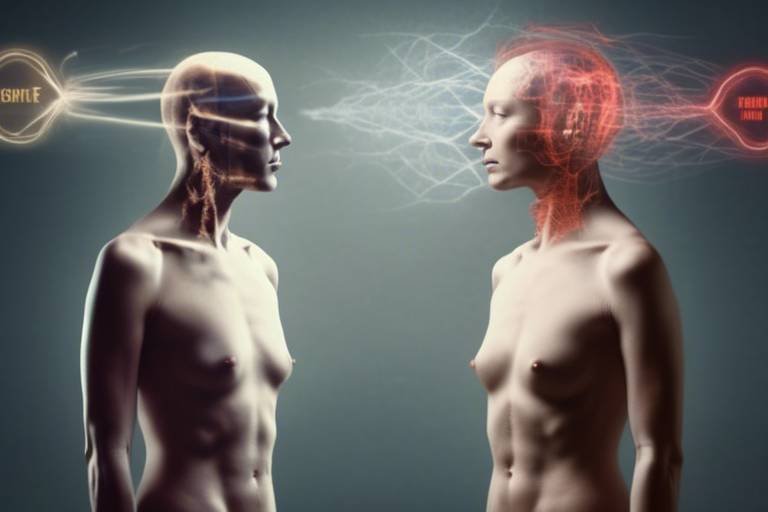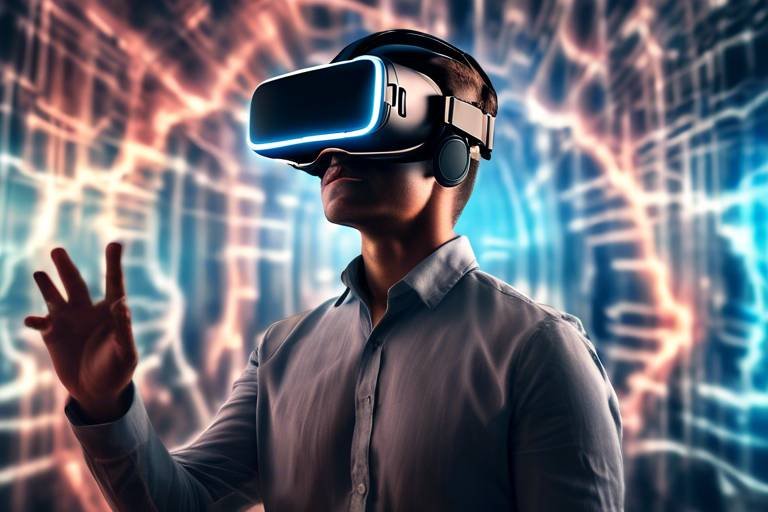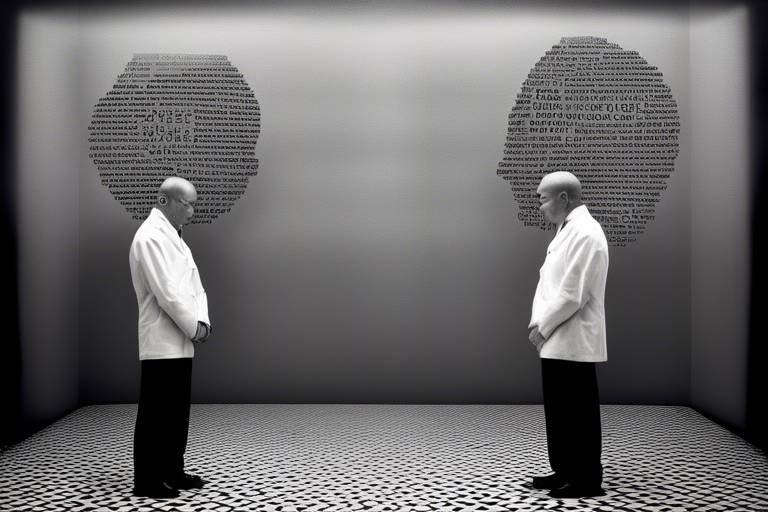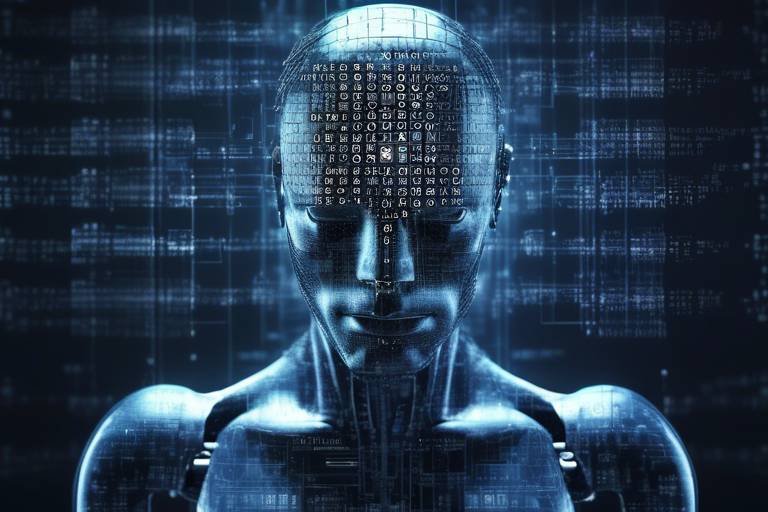What Is The Relationship Between Memory and Consciousness?
Memory and consciousness are two of the most fascinating aspects of the human experience. They are intricately woven together, much like the threads in a tapestry, creating a rich and complex picture of who we are. When we think about memory, we often picture it as a storage system, a vast library of experiences and knowledge waiting to be accessed. But what happens when we bring consciousness into the mix? It’s like flipping a switch that illuminates our memories, allowing us to not only recall past events but also to reflect on them, learn from them, and apply that knowledge to our present and future.
Imagine walking down a street and suddenly remembering a childhood moment that brings a smile to your face. That recollection is not just a random retrieval of information; it’s a conscious experience that shapes your current mood and influences your decisions. This relationship is reciprocal—while memories can enrich our conscious experience, our consciousness can also affect how we store and retrieve memories. In essence, consciousness acts as a spotlight, shining on certain memories while leaving others in the shadows, guiding our thoughts, feelings, and actions.
At its core, the relationship between memory and consciousness is about awareness. When we are consciously aware of something, we can manipulate and interact with our memories in ways that affect our behavior and understanding of reality. This dynamic interaction raises intriguing questions: How do we decide which memories to focus on? Why do some memories fade while others remain vivid? Understanding this relationship is crucial for grasping the complexities of human cognition and experience.
In the following sections, we will delve deeper into the nature of memory, its various types, and the significant role consciousness plays in shaping our experiences. We will explore how emotions influence memory, the neuroscientific perspectives that shed light on this relationship, and ultimately, how our understanding of memory and consciousness can enhance our appreciation of the human mind.
- What is the primary function of memory? Memory allows us to encode, store, and retrieve information, which is essential for learning and adapting to our environment.
- How does consciousness influence memory? Consciousness helps us focus on specific memories, influencing our thoughts, feelings, and behaviors based on past experiences.
- Can unconscious memories affect our actions? Yes, unconscious memories can influence our decisions and behaviors without us being aware of them.
- What role do emotions play in memory? Emotions significantly enhance the formation and recall of memories, making emotionally charged experiences more vivid and memorable.
- How do neuroscientific studies help us understand memory and consciousness? Neuroscientific research reveals the brain structures and processes involved in memory formation and conscious thought, helping us understand their interconnectedness.
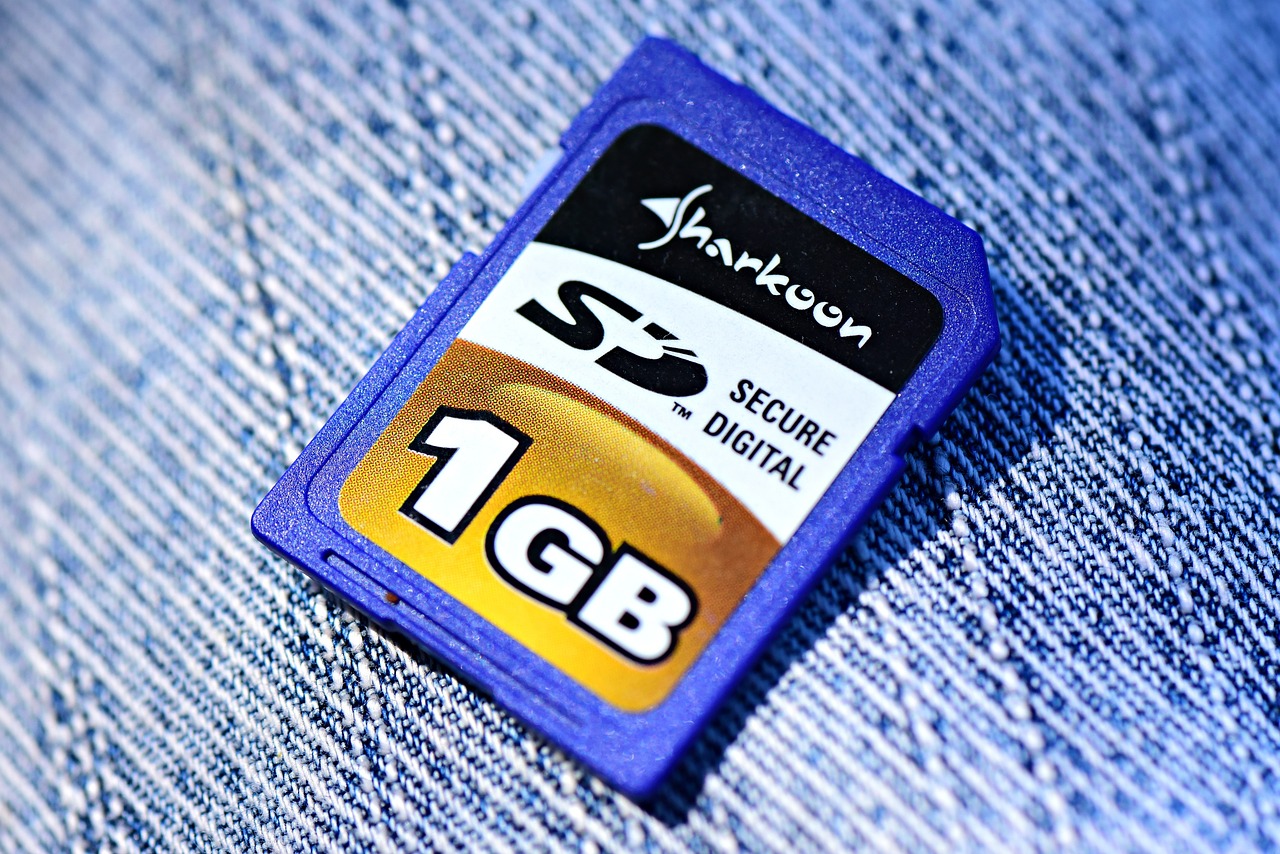
The Nature of Memory
Memory is a fascinating and complex phenomenon that serves as the foundation of our cognitive experiences. It encompasses a variety of processes that allow us to encode, store, and retrieve information, shaping our interactions with the world around us. Imagine memory as a vast library, where every experience, knowledge, and emotion is cataloged and stored for future reference. This library is not static; it evolves as we learn and grow, constantly updating its collection based on our experiences.
To truly grasp the intricate nature of memory, it's essential to understand its various components. Memory is not merely a single entity; it consists of multiple systems that work together. Each system plays a unique role in how we experience consciousness. For instance, while some memories might be fleeting, others can last a lifetime, influencing our identity and how we perceive reality.
In the realm of memory, we can categorize it into several types, including short-term memory, long-term memory, and working memory. Each type has distinct characteristics:
- Short-Term Memory: This type of memory holds information temporarily, allowing us to recall it immediately. It’s like a notepad where we jot down things we need to remember for a short while.
- Long-Term Memory: This is where information is stored for extended periods, often for years or even a lifetime. It shapes our conscious identity and understanding of the world.
- Working Memory: This type allows us to manipulate and work with information actively. Think of it as a mental workspace where we juggle various pieces of information to solve problems or make decisions.
Understanding the nature of memory is crucial because it directly influences our conscious awareness. The memories we hold can dictate our thoughts, feelings, and actions in the present moment. For example, when we reflect on a past event, we are not just recalling a fact; we are engaging with our consciousness, which allows us to analyze and learn from that experience.
Moreover, the relationship between memory and consciousness is bidirectional. While our conscious experiences can shape what we remember, our memories also inform our conscious awareness. This dynamic interplay is what makes human cognition so rich and complex. The more we explore this relationship, the more we uncover about the essence of being human.

Types of Memory
Memory is not a one-size-fits-all concept; it's a complex tapestry woven from various types that play distinct roles in our daily lives. Understanding these types is crucial for grasping how they interact with consciousness and shape our experiences. Memory can broadly be categorized into three primary types: short-term memory, long-term memory, and working memory. Each type serves its unique purpose and significantly influences how we perceive and engage with the world around us.
Short-term memory, as the name suggests, is designed for brief retention of information. Imagine it as a notepad where you jot down things you need to remember for a short period—like a phone number you just heard or the grocery list you quickly glanced at. This type of memory is essential for tasks that require immediate recall, and it typically lasts only a few seconds to a couple of minutes. However, its capacity is limited, often described by Miller's Law, which posits that we can hold about seven pieces of information at once. This limitation can impact our conscious awareness, as it determines how much information we can actively process at any given moment.
On the other hand, long-term memory is like a vast library where we store our experiences, knowledge, and skills for extended periods. This type of memory is crucial for forming our identities and understanding the world. It allows us to recall significant life events, learn new languages, or develop expertise in various fields. Long-term memory is further divided into explicit (declarative) and implicit (non-declarative) memory, each serving different functions. Explicit memory involves conscious recollection of facts and events, while implicit memory influences our actions and skills without us being fully aware of it.
Then there's working memory, which acts as a mental workspace. It allows us to manipulate and manage information actively. Think of it as the brain's chalkboard, where we can write down ideas, solve problems, and make decisions in real-time. Working memory is vital for tasks that require concentration and cognitive effort, such as solving a math problem or following a recipe while cooking. It integrates elements from both short-term and long-term memory, enabling us to draw on past experiences while processing new information.
To summarize, here’s a brief overview of the types of memory:
| Type of Memory | Description | Duration |
|---|---|---|
| Short-Term Memory | Temporary storage of information for immediate recall. | Seconds to minutes |
| Long-Term Memory | Storage of information over extended periods, shaping identity and knowledge. | Days to a lifetime |
| Working Memory | Mental workspace for processing and manipulating information. | Varies, typically seconds to minutes |
In conclusion, the types of memory work together to create a rich tapestry of human experience. By understanding these different forms, we can better appreciate how they influence our consciousness and the way we navigate our daily lives. Whether it's recalling a cherished memory or solving a complex problem, memory plays a crucial role in shaping our reality.
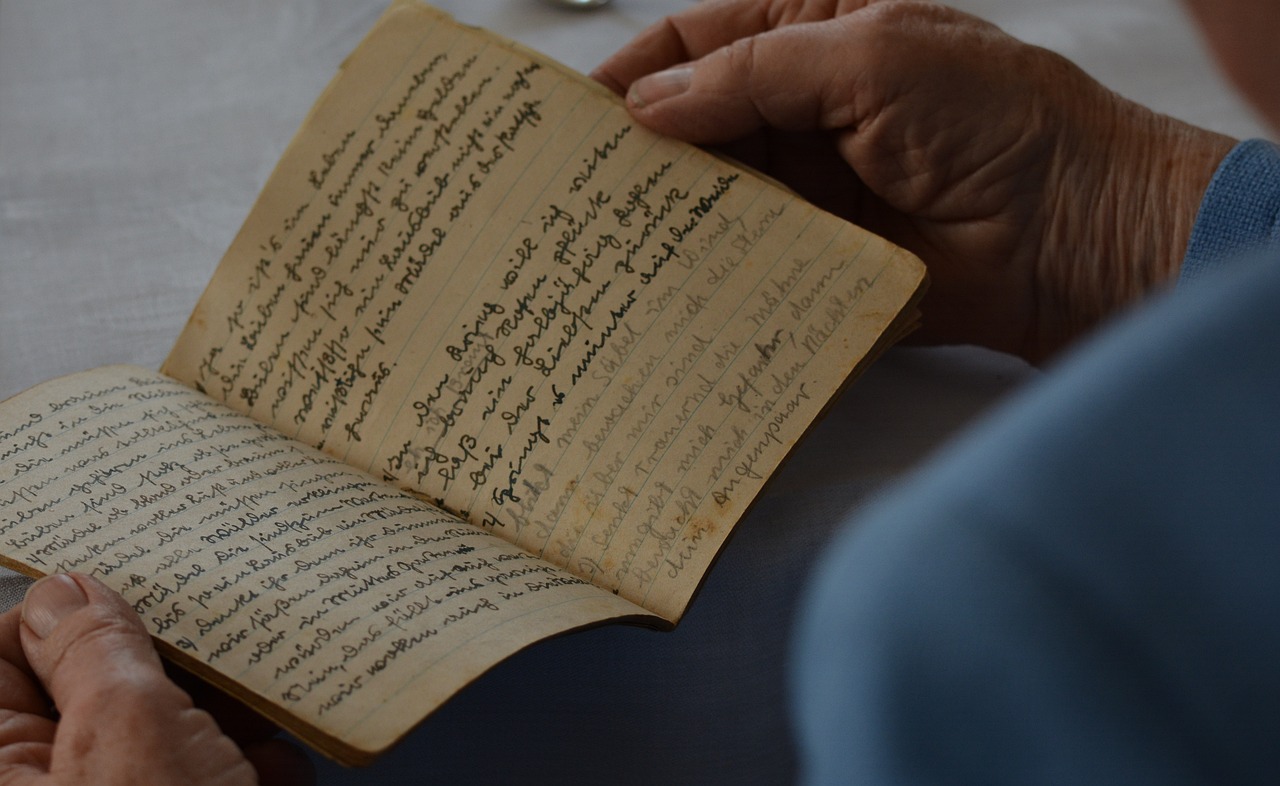
Short-Term Memory
Short-term memory is like a mental notepad that we use to jot down information temporarily. Imagine you’re at a party, and someone tells you their name. You might hold onto that name for just a few moments, enough to engage in conversation, but once you move on, it might slip your mind. This fleeting aspect of short-term memory is crucial for our daily interactions and decision-making processes. It serves as a bridge between our immediate experiences and the more permanent storage of long-term memory.
The capacity of short-term memory is often described by Miller's Law, which suggests that we can only hold onto about 7±2 pieces of information at any given time. This limitation means that when we try to juggle too many details—like remembering a phone number while dialing it—we might forget some of the digits. In essence, short-term memory is not just about retaining information; it's about how that information influences our conscious awareness and actions in real-time.
Furthermore, the duration of short-term memory is relatively brief. Typically, it lasts for just a few seconds to a couple of minutes unless actively rehearsed. This is why you might find yourself repeating a new acquaintance's name over and over in your head to keep it from fading away. The moment you stop focusing on that name, it’s likely to vanish from your conscious awareness, illustrating how vital attention is in maintaining short-term memory.
To illustrate the interplay between short-term memory and consciousness, consider the following examples:
- Immediate Recall: When you hear a list of grocery items and need to remember them while shopping, your short-term memory is at work, helping you navigate the aisles.
- Decision Making: When making quick decisions, like choosing a restaurant based on the names you just heard, your short-term memory helps you weigh your options.
- Conversation Flow: During a conversation, you rely on short-term memory to keep track of what has been said, allowing you to respond appropriately.
In summary, short-term memory is a vital component of our cognitive toolkit, enabling us to process and interact with the world around us. It shapes our conscious experiences by determining what we can focus on at any moment. Understanding its limitations and functions can help us appreciate how our minds work, leading to better strategies for learning and memory retention.
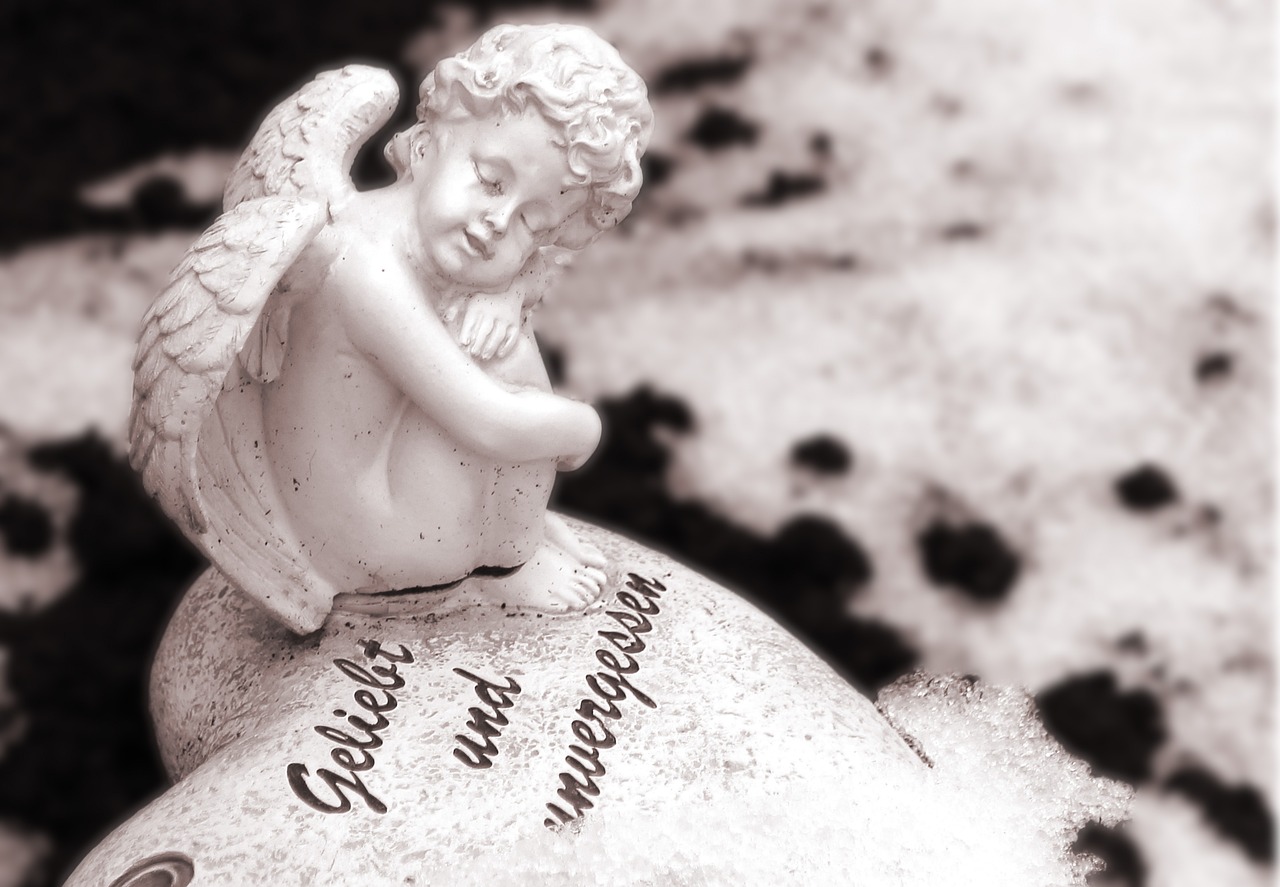
Duration of Short-Term Memory
The is a fascinating aspect of how we process information in our daily lives. Typically, short-term memory can hold information for about 15 to 30 seconds. This brief window allows us to manage and interact with our immediate environment effectively. Imagine trying to remember a phone number just long enough to dial it; that fleeting moment encapsulates the essence of short-term memory.
However, the fleeting nature of short-term memory does not mean it is insignificant. In fact, it plays a crucial role in our ability to make decisions and respond to stimuli. For instance, when you’re having a conversation, your brain is constantly retrieving and processing information from short-term memory to keep the dialogue flowing. If you were to forget a key point just seconds after hearing it, the conversation would falter, illustrating how vital this memory type is for coherent communication.
Moreover, the duration of short-term memory can be influenced by several factors, including attention and rehearsal. When we consciously focus on information, we can extend its presence in our short-term memory. This is akin to a flashlight illuminating a dark room; the more we shine our attention on a piece of information, the longer we can hold onto it. Conversely, distractions can quickly diminish our ability to retain information, demonstrating the delicate balance between focus and memory retention.
To further illustrate this concept, consider the following table that summarizes key aspects of the duration of short-term memory:
| Aspect | Details |
|---|---|
| Typical Duration | 15 to 30 seconds |
| Influencing Factors | Attention, rehearsal, distractions |
| Example | Remembering a phone number long enough to dial it |
In summary, the duration of short-term memory is not just a mere statistic; it is a vital component of our cognitive architecture that influences how we interact with the world around us. By understanding this duration, we can better appreciate the intricate dance between memory and consciousness, realizing that our ability to think and act is often dependent on the fleeting moments of memory that we can access in real-time.

Capacity Limitations
Understanding the of short-term memory is essential to grasping how we process information and make decisions in our daily lives. You might have heard of Miller's Law, which suggests that the average number of objects an individual can hold in their working memory is about seven, plus or minus two. This means that when you're trying to remember a phone number or a grocery list, you might find it challenging to keep track of more than seven items at once. Imagine trying to juggle more than seven balls in the air; it's not just difficult, it's nearly impossible without dropping some. This limitation significantly impacts our conscious awareness, as it dictates how much information we can actively process and utilize at any given moment.
Furthermore, the capacity of short-term memory can be influenced by various factors, including attention and chunking. Attention plays a crucial role; if you're distracted, your ability to encode information diminishes, and you may struggle to recall even those seven items. On the other hand, chunking—grouping information into larger, more manageable units—can enhance your memory capacity. For example, instead of remembering the sequence "1, 9, 9, 4," you might chunk it into "1994," making it easier to hold onto that information.
Moreover, the limitations of short-term memory can lead to a phenomenon known as the memory span, which is essentially the longest sequence of items you can recall in the correct order after a single presentation. This span can vary significantly between individuals, influenced by factors such as age, cognitive abilities, and even practice. For instance, musicians may have a greater memory span for musical notes due to their training, showcasing how our experiences can shape our cognitive capabilities.
In conclusion, the capacity limitations of short-term memory are not merely an obstacle; they are a fundamental aspect of how we navigate our conscious experiences. By understanding these limitations, we can develop strategies to enhance our memory performance, whether it’s through chunking, minimizing distractions, or practicing recall techniques. This awareness allows us to better manage our cognitive resources, ultimately leading to improved decision-making and a richer engagement with the world around us.
- What is short-term memory? Short-term memory is the system that allows us to hold and manipulate a limited amount of information for a brief period.
- How long does short-term memory last? Typically, short-term memory lasts for about 20 to 30 seconds without rehearsal.
- What factors affect short-term memory capacity? Distractions, attention, and the technique of chunking can all influence how much information we can hold in short-term memory.
- Can I improve my short-term memory? Yes, techniques such as chunking, mindfulness, and regular practice can help enhance your short-term memory capacity.

Long-Term Memory
Long-term memory is like a vast library, storing everything from your childhood memories to the intricate details of your favorite hobbies. This type of memory is essential for retaining information over extended periods, allowing us to build a rich tapestry of experiences that shape our conscious identity. Unlike short-term memory, which holds information temporarily, long-term memory can last a lifetime, making it a crucial component of how we understand the world around us.
When we talk about long-term memory, we often think of two primary types: explicit and implicit memory. Explicit memory involves conscious recollection of facts and events, while implicit memory is more about skills and tasks that we perform without thinking. For example, you might consciously recall your first day at school (explicit memory), but you can ride a bike without actively thinking about how to balance (implicit memory).
One fascinating aspect of long-term memory is how it interacts with our emotions. Memories tied to strong emotions are often easier to recall, which is why you might vividly remember your wedding day or a significant life event. This emotional connection can enhance memory retention, making those experiences feel more alive in our consciousness. In fact, studies have shown that when we experience a strong emotion, our brains release neurotransmitters that help solidify those memories, making them more accessible later on.
Another critical factor in long-term memory is the process of consolidation. This is where memories are stabilized and integrated into our existing knowledge base. It often occurs during sleep, particularly during the REM stage, where the brain processes and organizes information. So, the next time you pull an all-nighter studying for an exam, remember that getting a good night’s sleep afterward might just be the key to retaining all that information!
| Type of Long-Term Memory | Description |
|---|---|
| Explicit Memory | Conscious recollection of facts and events. |
| Implicit Memory | Unconscious memory for skills and tasks. |
In summary, long-term memory is not just a storage system; it's a dynamic and evolving part of our cognitive processes. It helps us to learn, adapt, and grow, influencing our decisions and shaping our identities. So, the next time you find yourself reminiscing about the past, take a moment to appreciate the incredible complexity of your long-term memory and its profound impact on your consciousness.
- What is the difference between short-term and long-term memory?
Short-term memory holds information temporarily for immediate use, while long-term memory stores information for extended periods, allowing for recall over a lifetime.
- How does emotion affect memory?
Emotions can enhance memory retention, especially for significant events. Strong emotional experiences often lead to vivid and easily retrievable memories.
- Can long-term memories fade over time?
Yes, long-term memories can fade or become less accessible due to various factors, including lack of retrieval practice or interference from new information.
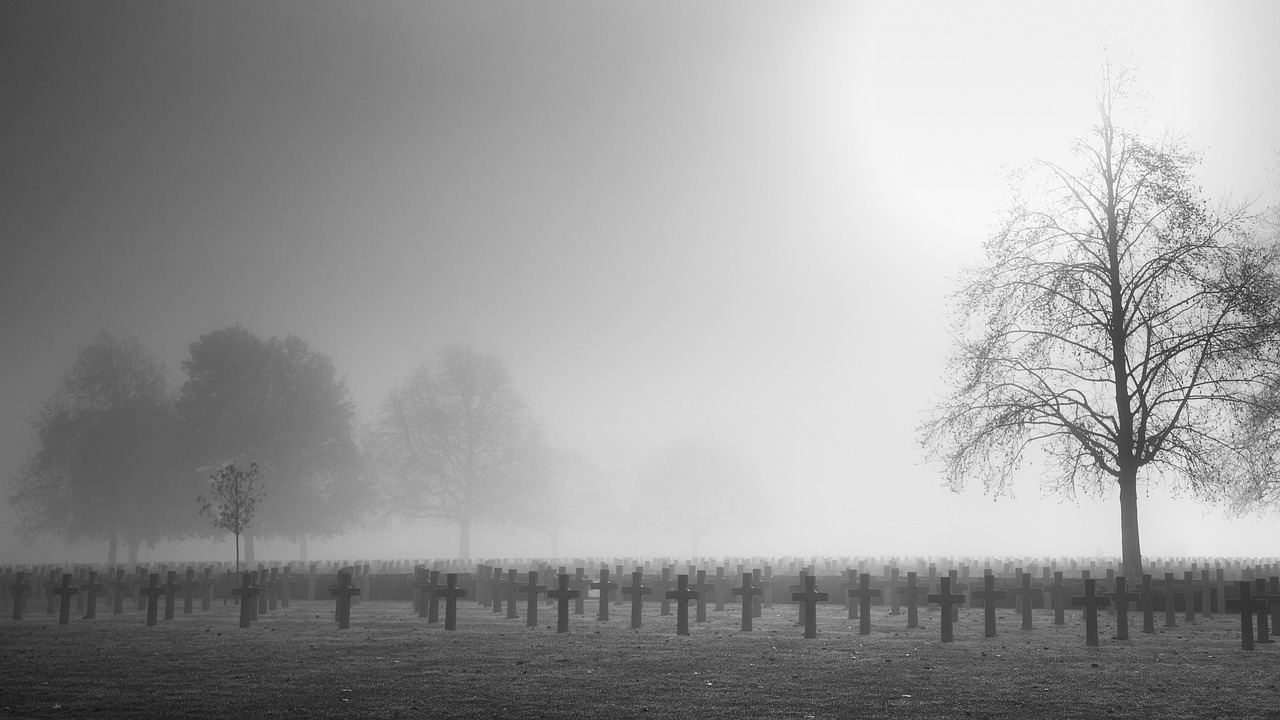
The Role of Consciousness
Consciousness is like the spotlight of our mind, illuminating the thoughts, feelings, and experiences that shape our reality. It’s the stage where our internal narratives play out, allowing us to interact with the world around us. But have you ever wondered how this fascinating phenomenon relates to memory? The connection between consciousness and memory is not just a casual acquaintance; it’s a deep, intertwined relationship that influences everything from our daily decisions to our sense of self.
To put it simply, consciousness enables us to be aware of our memories. When we consciously reflect on our past, we’re not just recalling facts; we’re engaging with our personal history, shaping our identity in the process. Imagine your memories as a vast library, and consciousness is the librarian, guiding you to the right book when you need it. This interplay is crucial because it helps us learn from past experiences, make informed decisions, and navigate our present circumstances.
Moreover, conscious awareness is not just about recalling memories; it’s also about how those memories influence our current thoughts and behaviors. For instance, when you remember a joyous moment from your childhood, it can uplift your mood and affect how you interact with others. Conversely, recalling a painful experience can evoke feelings of sadness or anxiety, impacting your current emotional state. This dynamic shows how memory can color our conscious experience, affecting our perceptions and interactions with the world.
However, it’s essential to recognize that not all memories are consciously accessible. Some memories reside in the background, influencing our decisions and behaviors without us even realizing it. This phenomenon is known as unconscious memory. It’s like having a hidden treasure chest of experiences that, while not immediately available to our conscious mind, still play a significant role in shaping our actions. For example, you might feel a sense of unease in a certain situation without knowing why, perhaps because of a past experience that you can’t readily recall.
This complexity of memory and consciousness highlights the importance of understanding both concepts. It’s not enough to merely acknowledge what we remember; we must also consider how these memories interact with our conscious awareness. Are we truly aware of how our past influences our present? Are we fully engaging with our memories in a way that enhances our understanding of ourselves? These questions open the door to deeper exploration of our cognitive processes.
As we delve deeper into the relationship between memory and consciousness, it becomes clear that they are not isolated functions of the mind. They work together to create a rich tapestry of human experience. By understanding this connection, we can better appreciate the intricacies of our cognition and the profound impact it has on our lives. So, the next time you find yourself lost in thought, remember that your consciousness is not just a passive observer; it’s an active participant in the ongoing dialogue between memory and experience.
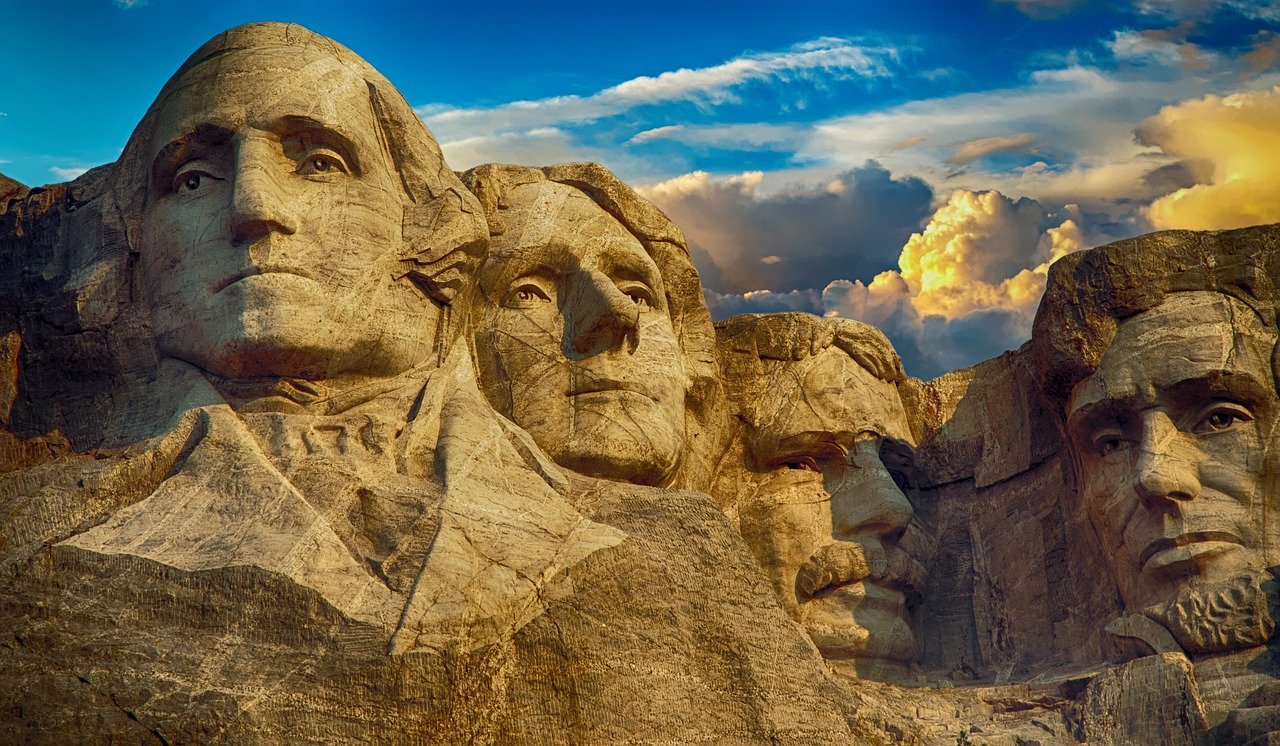
Conscious Awareness
Conscious awareness is like the spotlight of our mind, shining brightly on the thoughts, feelings, and experiences that shape our reality. Imagine walking into a dark room, and as you flick on the light, you can suddenly see everything around you. This is what conscious awareness does for our mental landscape; it illuminates the information stored in our memory and allows us to engage with it meaningfully. When we are consciously aware, we can reflect on our past experiences, make decisions based on them, and navigate our daily lives with intention.
But what exactly does it mean to be consciously aware? It involves being present in the moment, actively engaging with our surroundings, and recognizing our internal thoughts and emotions. This awareness is crucial because it influences not just how we perceive the world, but also how we react to it. For instance, when you recall a cherished memory, such as a family vacation, that recollection doesn't just sit idly in your mind; it impacts your mood, your decisions, and even your interactions with others. In this way, conscious awareness is a dynamic process, constantly interacting with our memories to shape our current experiences.
Moreover, conscious awareness allows us to filter and prioritize information. Our brains are bombarded with countless stimuli every second, yet we can focus on what's important. This selective attention is vital for effective decision-making. For example, when you're in a crowded café, you can tune out the background noise and focus on a conversation with a friend. This ability to concentrate is a direct result of our conscious awareness, working hand-in-hand with memory to help us navigate complex social situations.
Interestingly, conscious awareness is not just a passive state; it can be cultivated and enhanced. Practices like mindfulness meditation encourage individuals to develop a greater sense of awareness, helping them connect more deeply with their thoughts and feelings. This heightened state of awareness can lead to improved emotional regulation and a better understanding of oneself, further enriching the tapestry of our conscious experiences.
In summary, conscious awareness is a powerful tool that allows us to reflect on our memories, engage with our surroundings, and make informed decisions. It's the lens through which we view our lives, and its relationship with memory is fundamental to our understanding of who we are. As we continue to explore the intricate connections between memory and consciousness, we uncover the profound ways in which they shape our human experience.
- What is the difference between memory and consciousness? Memory refers to the processes involved in encoding, storing, and retrieving information, while consciousness is our awareness of thoughts, feelings, and surroundings.
- How does conscious awareness affect decision-making? Conscious awareness allows us to reflect on past experiences and make informed choices based on that information, helping us navigate complex situations.
- Can conscious awareness be improved? Yes, practices such as mindfulness meditation can enhance conscious awareness, leading to better emotional regulation and self-understanding.
- What role do emotions play in memory and consciousness? Emotions significantly influence how memories are formed and recalled, impacting our conscious experiences and perceptions.
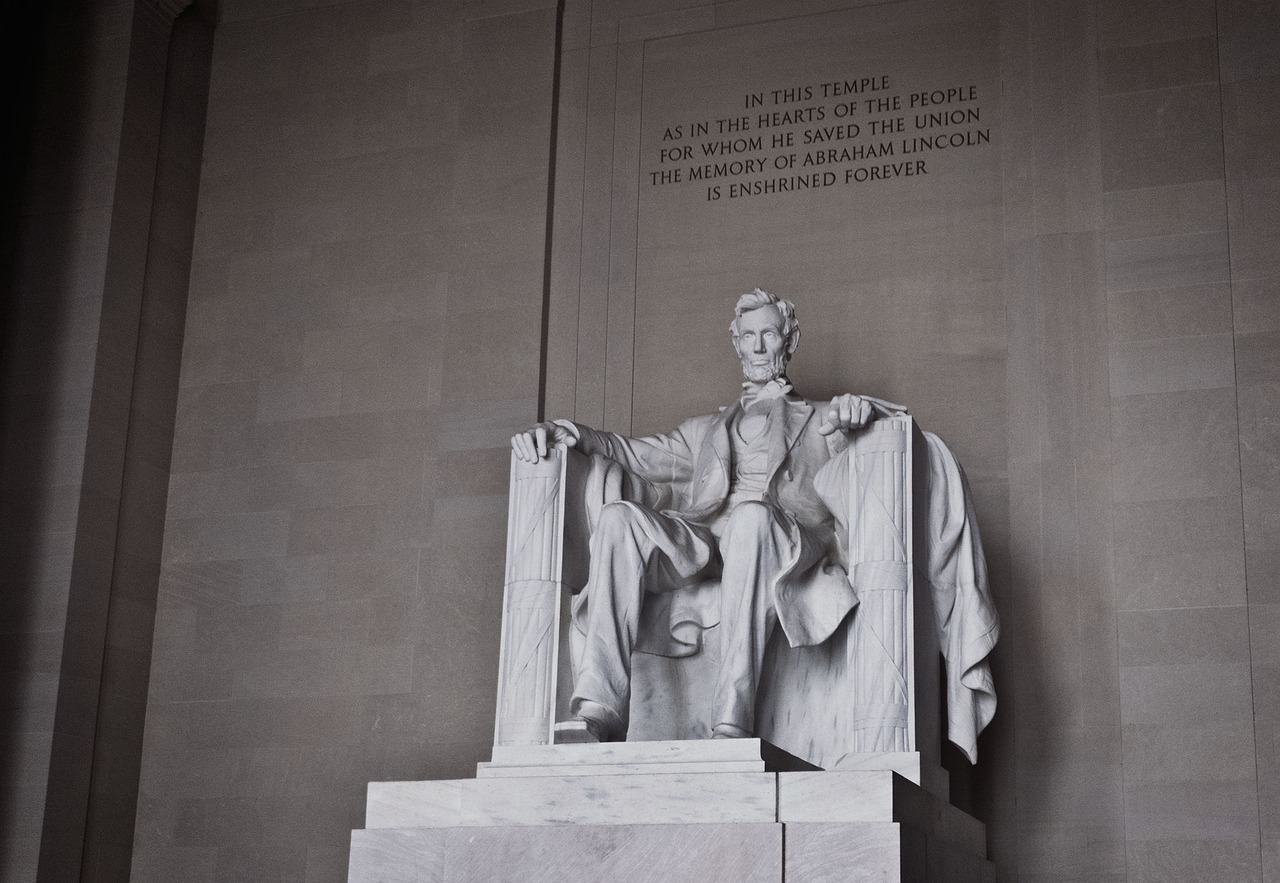
Unconscious Memory
Unconscious memory is a fascinating aspect of our cognitive landscape, operating behind the scenes and influencing our thoughts and behaviors without our direct awareness. Think of it as the hidden engine of our mind, quietly powering our daily actions and decisions, while we remain blissfully unaware of its workings. This form of memory is not readily accessible; it doesn’t require active recall or conscious effort to retrieve. Instead, it subtly shapes our experiences and reactions, often in ways we might not even recognize.
Consider how certain smells or sounds can evoke vivid memories from long ago, even when we aren’t consciously trying to remember them. This phenomenon illustrates the power of unconscious memory. It operates through associations formed over time, linking sensory experiences to emotional responses. For instance, the scent of fresh-baked cookies might transport you back to your grandmother's kitchen, eliciting feelings of warmth and nostalgia, even if you didn’t consciously think about that memory beforehand.
Unconscious memory can be categorized into several types, including:
- Implicit Memory: This type of memory influences our skills and actions without conscious awareness. For example, riding a bike or typing on a keyboard relies on implicit memory.
- Procedural Memory: This is a subset of implicit memory that involves the performance of tasks and actions, such as playing an instrument or driving a car.
- Priming: This occurs when exposure to one stimulus influences the response to another stimulus, often without conscious guidance.
The role of unconscious memory is particularly evident in our emotional lives. It can affect our decision-making processes and shape our beliefs, often leading us to act or feel in ways that we cannot immediately explain. For instance, if someone has had a negative experience with a particular animal in childhood, their unconscious memory of that event may lead to a visceral fear of that animal later in life, even if they don’t consciously remember the incident. This highlights how unconscious memories can be deeply embedded and can influence our behavior in significant ways.
Moreover, unconscious memory plays a crucial role in shaping our identity. Our past experiences, whether remembered or forgotten, contribute to our self-concept and how we perceive the world. The memories that we are not actively aware of can still inform our values, preferences, and even our interpersonal relationships. This intricate interplay between memory and consciousness is a testament to the complexity of human cognition.
In conclusion, unconscious memory is a powerful force that operates beneath the surface of our conscious awareness. It shapes our actions, influences our emotions, and defines our identities in ways we may not fully appreciate. Understanding this relationship can provide valuable insights into human behavior and the underlying processes of our minds.
- What is unconscious memory? Unconscious memory refers to memories that influence our thoughts and behaviors without our conscious awareness.
- How does unconscious memory differ from conscious memory? Conscious memory involves active recall and awareness, while unconscious memory operates automatically and often without our knowledge.
- Can unconscious memories affect our behavior? Yes, unconscious memories can significantly impact our actions, emotions, and decision-making processes.
- What are some examples of unconscious memory? Examples include habits like riding a bike, emotional responses to certain stimuli, and implicit biases formed through past experiences.

The Impact of Emotion on Memory
Emotions are the vibrant colors on the canvas of our memories, profoundly influencing how we encode, store, and retrieve information. Think about it: have you ever noticed how certain moments that evoke strong feelings—like joy, sadness, or fear—tend to stick in your mind more vividly than mundane experiences? This phenomenon is not just a coincidence; it's a fundamental aspect of human cognition. The interplay between emotion and memory is complex and fascinating, shaping our conscious experiences in ways we often take for granted.
When we experience an event that triggers a strong emotional response, our brain's amygdala becomes highly active. This almond-shaped cluster of nuclei is crucial for processing emotions and plays a key role in how we form memories. For instance, if you were to witness a thrilling event, like a surprise party or a scary movie, the emotional intensity would enhance the memory's consolidation, making it easier to recall later. In contrast, neutral experiences tend to fade away, like a fleeting whisper in the wind.
Research has shown that emotional memories are often more detailed and enduring. This is partly because emotions activate the release of neurotransmitters, such as dopamine and norepinephrine, which strengthen the neural connections associated with these memories. In essence, emotions act as a spotlight, illuminating certain experiences while casting others into the shadows. This selective attention can lead to what psychologists refer to as flashbulb memories, where individuals can recall the details of an emotional event with remarkable clarity.
However, the relationship between emotion and memory isn't purely beneficial. While positive emotions can enhance memory retention, negative emotions, such as anxiety or trauma, can lead to distortions in memory recall. For example, someone who has experienced a traumatic event may find that their memories of the event are fragmented or altered, a phenomenon known as memory suppression. This highlights the dual-edged nature of emotions in memory processing—while they can enrich our recollections, they can also complicate them.
Moreover, the impact of emotion on memory extends beyond individual experiences. It influences how we perceive and interact with the world around us. For instance, when we recall a happy childhood memory, it can evoke feelings of nostalgia, shaping our current emotional state and influencing our decisions. This cyclical relationship between memory and emotion underscores the importance of understanding how they intertwine in our daily lives.
In conclusion, the impact of emotion on memory is profound and multifaceted. Emotions not only enhance our ability to remember significant events but also shape our identity and perception of reality. As we navigate through life, the memories colored by our emotions serve as a guide, influencing our choices and interactions. So the next time you find yourself reminiscing about a powerful moment, remember that it's not just the event itself that matters, but the emotions attached to it that truly shape your memory.
- How do emotions enhance memory? Emotions trigger the release of neurotransmitters that strengthen memory consolidation, making emotional events more memorable.
- What are flashbulb memories? These are vivid and detailed memories of emotionally significant events, often recalled with remarkable clarity.
- Can negative emotions affect memory recall? Yes, negative emotions can lead to memory distortions and suppression, complicating how we remember traumatic events.

Neuroscientific Perspectives
The study of the relationship between memory and consciousness has gained significant traction in the field of neuroscience. This discipline delves into how our brain processes memories and how these processes impact our conscious experience. It’s fascinating to consider that every thought we have, every decision we make, and every emotion we feel is deeply intertwined with the workings of our brain. Imagine your brain as a complex orchestra, with different sections playing in harmony to create the symphony of your conscious experience. Each memory, whether fleeting or long-lasting, contributes to this grand performance.
One of the key structures involved in both memory and consciousness is the hippocampus. This small, seahorse-shaped region located in the medial temporal lobe is crucial for the formation of new memories. When you recall a past event, it’s the hippocampus that helps you retrieve that information, allowing it to come into your conscious awareness. Think of the hippocampus as a librarian, cataloging your experiences and making them accessible whenever you need to revisit them. Without this essential structure, our ability to form new memories and connect them to our conscious thoughts would be severely hindered.
Another critical player in this intricate relationship is the prefrontal cortex, which is responsible for higher-order functions such as decision-making, problem-solving, and social behavior. This area of the brain helps us reflect on our memories and use them to inform our actions and choices. When you’re faced with a decision, your prefrontal cortex pulls from your past experiences—stored in memory—to guide you. It's like having a trusted advisor who reminds you of your previous encounters, helping you navigate the complexities of life.
To further understand how memory and consciousness interact, we must also consider the role of neurotransmitters. These chemical messengers play a pivotal role in facilitating communication between neurons, impacting how memories are formed and retrieved. For instance, dopamine is associated with reward and pleasure, influencing how we remember certain experiences. When something feels good, the dopamine released in our brain strengthens the memory of that event, making it more likely to be recalled later. Similarly, acetylcholine is vital for attention and learning, underscoring the importance of being present in the moment to effectively encode memories.
In summary, the neuroscientific perspective on memory and consciousness reveals a deeply interconnected relationship, where brain structures and neurotransmitters work together to shape our experiences. This understanding not only enhances our grasp of human cognition but also opens doors for further research into cognitive disorders and potential therapeutic interventions. As we continue to explore this fascinating field, we uncover more about the biological foundations that underpin our thoughts, memories, and the very essence of what it means to be conscious.
- What is the role of the hippocampus in memory?
The hippocampus is essential for forming new memories and retrieving past experiences, acting as a key player in our conscious awareness. - How do neurotransmitters affect memory?
Neurotransmitters like dopamine and acetylcholine influence how memories are formed and recalled, impacting our conscious engagement with experiences. - What is the relationship between memory and consciousness?
Memory and consciousness are interdependent; our memories shape our conscious thoughts and behaviors, while consciousness allows us to reflect on and utilize those memories.

Brain Structures Involved
The intricate dance between memory and consciousness is orchestrated by several key brain structures, each playing a vital role in how we process, store, and retrieve information. Understanding these structures is like uncovering the hidden gears of a clock; when one part functions well, the entire mechanism operates smoothly. The hippocampus and the prefrontal cortex are two of the most significant players in this grand performance.
The hippocampus, often dubbed the "memory center" of the brain, is primarily responsible for the formation of new memories. It acts as a temporary holding area where information is processed before it's either forgotten or transferred to long-term storage. Think of it as a bustling train station where experiences arrive, get sorted, and either depart for long-term memory or are left behind. Damage to this area can lead to profound memory deficits, making it clear just how crucial it is for our conscious experience.
Meanwhile, the prefrontal cortex is the brain's executive function hub. It’s involved in complex behaviors, decision-making, and moderating social behavior. This area allows us to reflect on past experiences and make informed choices based on our memories. Imagine it as the conductor of an orchestra, ensuring that all the different sections work together harmoniously to create a beautiful symphony of thought and action. Without the prefrontal cortex, our ability to engage in conscious thought would be severely compromised.
Additionally, other structures like the amygdala also play a role in the memory-consciousness relationship. The amygdala is crucial for processing emotions, which can significantly influence how memories are formed and recalled. When we experience something emotionally charged, the amygdala kicks into gear, enhancing the likelihood that those memories will be vivid and easily retrievable. This underscores the idea that memory isn't just a cold storage system; it's deeply intertwined with our feelings and consciousness.
| Brain Structure | Function |
|---|---|
| Hippocampus | Formation of new memories and temporary storage |
| Prefrontal Cortex | Decision-making, reflection, and moderating behavior |
| Amygdala | Processing emotions and enhancing memory retention |
In summary, the relationship between memory and consciousness is heavily influenced by these brain structures. They work in concert to shape our experiences, guiding how we remember the past and informing our present actions. Understanding these connections not only deepens our appreciation of human cognition but also opens up avenues for further research and exploration in neuroscience. So, the next time you recall a cherished memory or make a decision based on past experiences, remember the remarkable structures in your brain that make it all possible.
- What is the role of the hippocampus in memory?
The hippocampus is crucial for forming new memories and acts as a temporary storage area before the information is either forgotten or transferred to long-term memory.
- How does the prefrontal cortex affect consciousness?
The prefrontal cortex is involved in decision-making and reflecting on past experiences, allowing us to engage in conscious thought and behavior.
- What impact does emotion have on memory?
Emotions can significantly enhance memory retention, particularly when experiences are emotionally charged, due to the involvement of the amygdala.

Neurotransmitters and Memory
When we delve into the fascinating world of memory, one cannot overlook the critical role that neurotransmitters play in shaping our ability to remember. These chemical messengers are essential for transmitting signals in the brain, and they significantly influence how we encode, store, and retrieve memories. For instance, dopamine is often associated with the reward system in the brain, and it enhances our ability to remember experiences that are emotionally charged or rewarding. This is why positive experiences tend to stick with us longer, almost like a mental souvenir.
On the other hand, acetylcholine is another neurotransmitter that is crucial for memory formation, particularly in the context of learning. It helps facilitate communication between neurons, making it easier for us to form new memories. Imagine trying to put together a puzzle without the right pieces; that’s what memory formation would be like without adequate levels of acetylcholine. The interplay between these neurotransmitters not only affects our memory but also our overall cognitive function, leading to a richer, more vibrant conscious experience.
Interestingly, the balance of neurotransmitters is vital. Too much or too little of these chemicals can lead to memory impairments. For example, an excess of dopamine can sometimes result in distorted memories or even the formation of false memories, while a deficiency in acetylcholine is often linked to conditions like Alzheimer’s disease, where memory loss is a predominant symptom. This intricate dance of neurotransmitters illustrates just how complex and finely tuned our memory systems are, and how they directly impact our consciousness.
To further understand this relationship, consider the following table that highlights key neurotransmitters and their roles in memory:
| Neurotransmitter | Role in Memory |
|---|---|
| Dopamine | Enhances memory retention of rewarding experiences. |
| Acetylcholine | Facilitates learning and memory formation. |
| Glutamate | Essential for synaptic plasticity and memory consolidation. |
| Serotonin | Influences mood and emotional memory. |
In summary, the relationship between neurotransmitters and memory is like a finely tuned orchestra where each neurotransmitter plays its own unique instrument, contributing to the symphony of our conscious experience. By understanding how these chemicals impact our memory, we can appreciate the complexity of our cognitive processes and how they shape our reality.
- What are neurotransmitters? Neurotransmitters are chemical messengers that transmit signals across synapses in the brain, playing a vital role in communication between neurons.
- How do neurotransmitters affect memory? They influence the encoding, storage, and retrieval of memories, impacting how we learn and remember experiences.
- What happens if there is an imbalance of neurotransmitters? An imbalance can lead to memory impairments, cognitive dysfunction, and various neurological conditions.
Frequently Asked Questions
- What is the relationship between memory and consciousness?
The relationship between memory and consciousness is deeply intertwined. Memory provides the content that consciousness reflects upon, while consciousness allows us to be aware of our memories. Essentially, our conscious experience is shaped by what we remember, and our memories can influence our current thoughts and feelings.
- What are the different types of memory?
Memory can be categorized into several types, including short-term memory, long-term memory, and working memory. Short-term memory holds information temporarily for immediate recall, while long-term memory is crucial for retaining information over extended periods. Working memory is a system that allows us to manipulate and work with information actively.
- How long does short-term memory last?
Short-term memory typically lasts from a few seconds to a couple of minutes. This brief duration affects how we process information in real-time and what we can consciously focus on at any given moment.
- What are the capacity limitations of short-term memory?
Short-term memory is often described by Miller's Law, which suggests that we can hold about 7 (plus or minus 2) items in our conscious awareness at once. This limitation means that we can only process a small amount of information before it becomes overwhelming.
- How does emotion affect memory?
Emotions play a significant role in how we form and recall memories. Strong emotional experiences are often remembered more vividly and accurately than neutral ones. This emotional connection can enhance our conscious experience, making certain memories more salient in our minds.
- What brain structures are involved in memory and consciousness?
Key brain structures involved in memory and consciousness include the hippocampus, which is essential for forming new memories, and the prefrontal cortex, which is crucial for conscious thought and decision-making. These areas work together to shape our experiences and understanding of the world.
- What role do neurotransmitters play in memory?
Neurotransmitters like dopamine and acetylcholine are vital for memory processes. They influence how we encode, store, and retrieve memories, ultimately affecting how we consciously engage with our experiences and the world around us.

